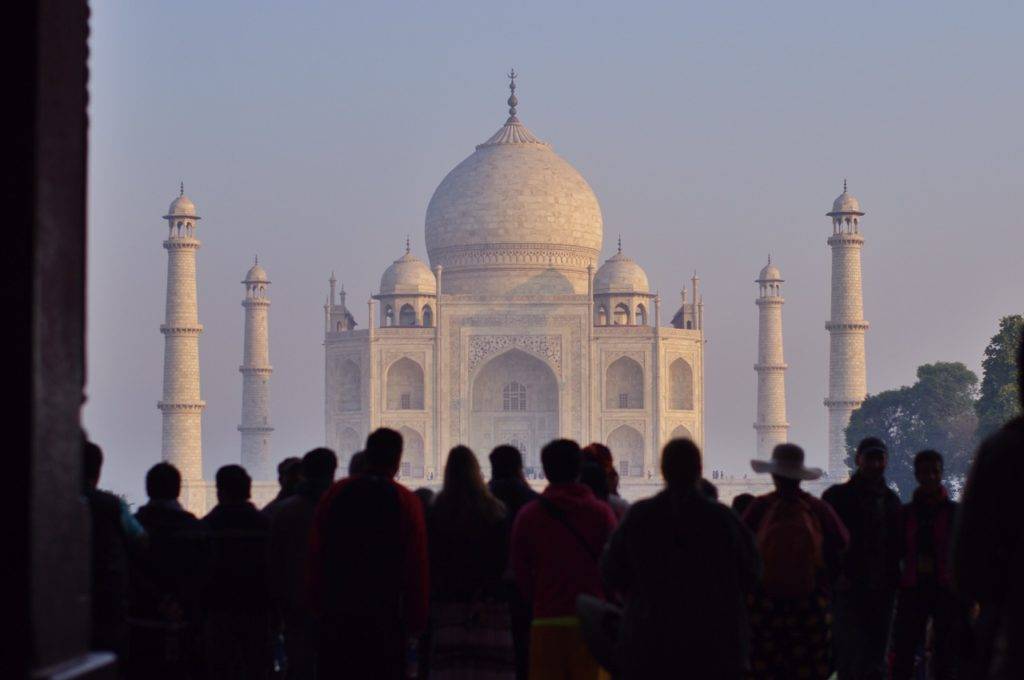Having kicked off plans to build 100 smart cities across the country, the Indian government will need to make sure any smart improvements address a critical issue in its urban environment: overwhelming pollution.
A recent World Health Organization (WHO) report about pollution levels places 34 cities in India in the top 100 most polluted cities in the world list, with 22 of the Indian cities in the top 50. And out of the 100 cities chosen for smart city transformation, 17 of them have the dubious honor of making WHO’s list.
See also: India needs smart villages, not just smart cities
A large majority of the most polluted cities in India are located in the Northern and Western states. No cities from the Southern states are included in the report. WHO based their rankings on the biggest concentration of fine particulate matter with a size of 2.5 micrometers or less that was found in each city. This type of matter is linked to a rise in deaths from stroke and heart disease, along with cancer and respiratory illness.
To compare this list to other large cities, London and New York have a particulate matter concentration of 15 and 9. Delhi has a concentration of 122.
According to WHO, “measurement of fine particulate matter of 2.5 micrometers or less in diameter is considered to be the best indicator of the level of health risks from air pollution.”
Indian smart city efforts overlooking pollution for now?
Though upgrading city amenities, improving infrastructure and transportation and introducing more technology will be part of the smart city initiative for India, government officials will now have to figure out ways to improve air quality in these cities, too. The increase in air pollution has become a real problem.
The WHO report stated, “Many factors contribute to this increase, including reliance on fossil fuels such as coal- fired power plants, dependence on private transport motor vehicles, inefficient use of energy in buildings, and the use of biomass for cooking and heating.”
The WHO’s air quality study includes 1,600 cities across 91 countries, with the ranking determined by pollution levels from the year 2012. The Organization says indoor and outdoor pollution are among the greatest health risks in the world.


















